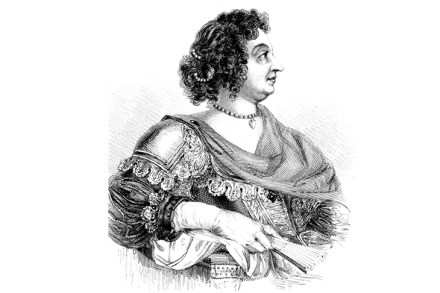… and soon will be
Edmundsbury, the fictional, sketchily rendered town in which the action of this novel takes place, is part of a social experiment — its inhabitants lab rats for a digital overhaul that goes beyond surveillance. Everything they do is measured, tracked and recorded in exchange for treats, such as heightened security and increased download speeds. Sam




















